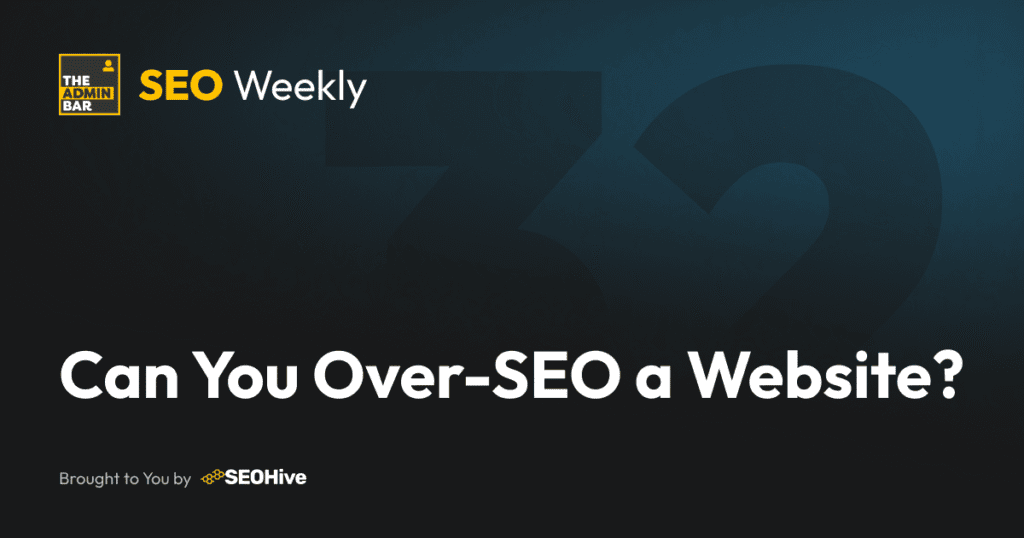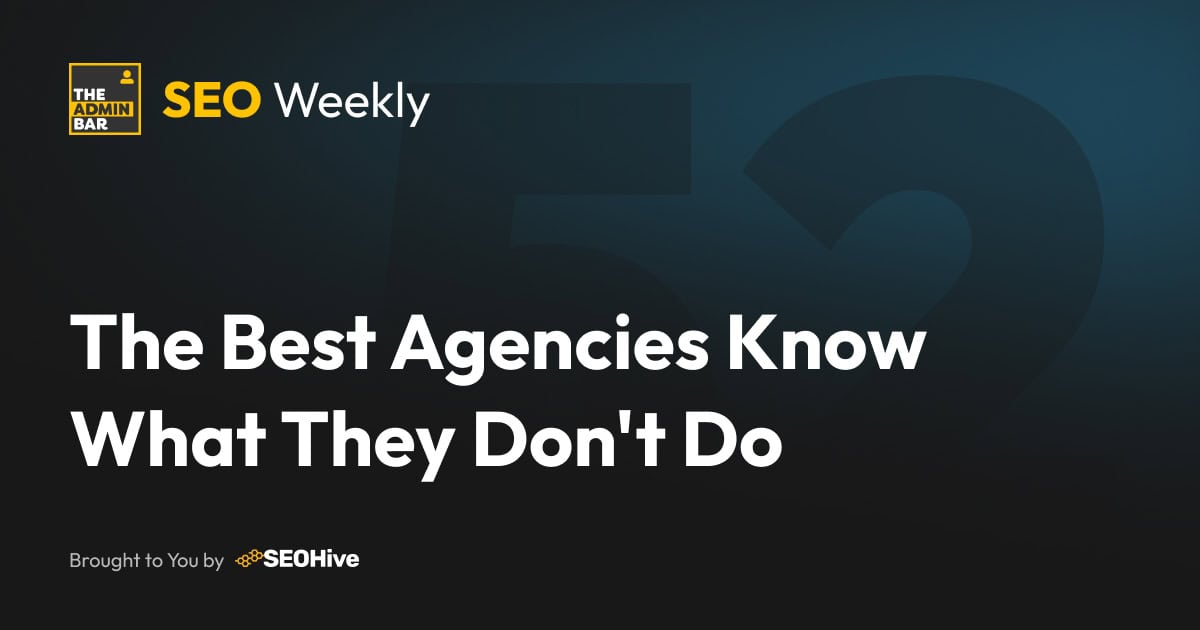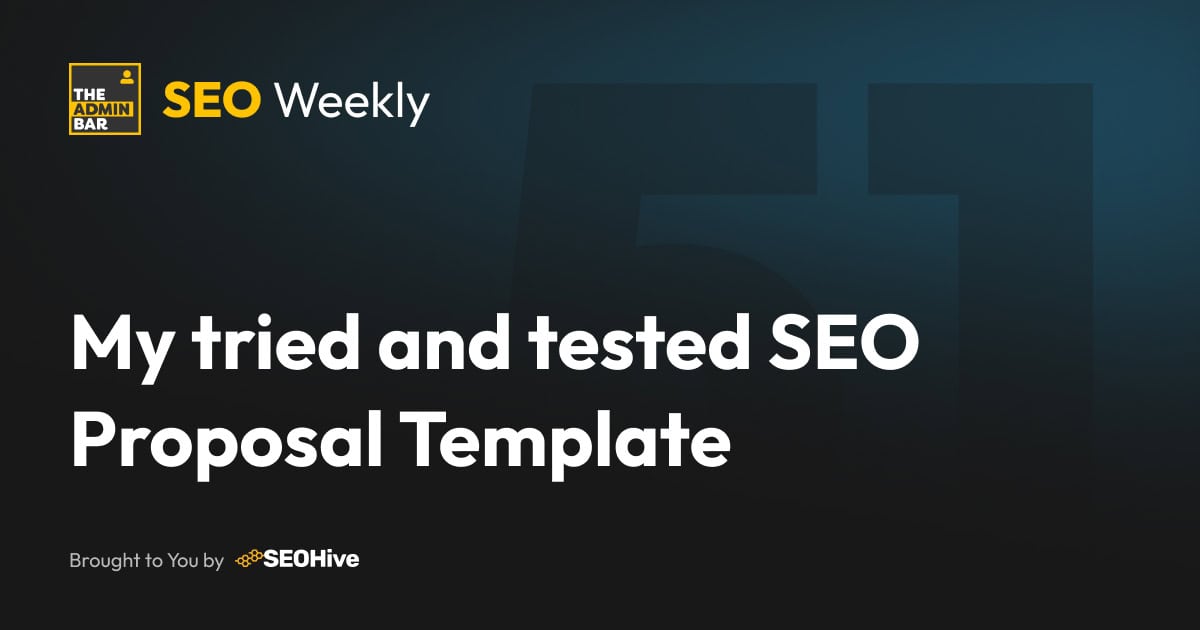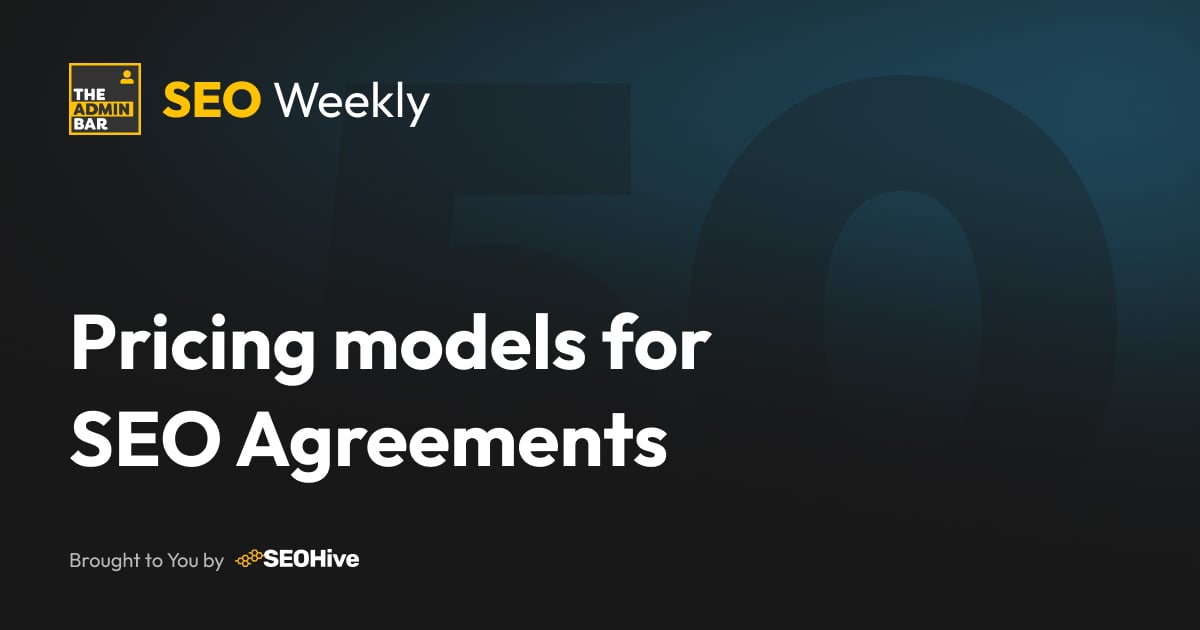SEO is a game of displacement. For your site to move up, someone else must move down – it’s a zero-sum battle for limited real estate on page one. So, how do you know when you’ve done “enough” SEO, and is it actually possible to go too far and hurt your own results?
You CAN Do Too Much (just as you can do too little)
There is such a thing as “over-SEO.” When businesses underinvest, their sites suffer low visibility, stagnant or declining organic traffic, and a steady loss of market share to more proactive competitors. It’s like bringing a knife to a gun fight – you’re not equipped for the competition.
But on the flip side, over-optimization (stuffing pages with keywords, bloating with near-duplicate content, unnatural internal linking, or obsessively fine-tuning trivial elements) can cause Google-penalties, user frustration and diminishing returns. It’s like using a firehose to water your houseplants – well-intentioned but wildly disproportionate to the need.
“Enough” is a Moving Target
So, exactly how much SEO is “enough”? And like many things in SEO, (and an answer I HATE!), is – “it depends” 😤. There’s no fixed answer. It’s a dynamic balance of a number of factors:
1️⃣ Business Goals: For example, luxury purchases – such as yacht sales – require a completely different approach to mass volume sock sales.
2️⃣ Industry Competition: High-competition niches need ongoing, multifaceted strategies; low-competition verticals may thrive with the basics done well.
3️⃣ Market Shifts: This includes algorithm updates, changes in how people search, new AI-generated result types and so on…
However, successful SEO isn’t about maximizing every checklist item. It’s about finding the Goldilocks point: enough optimized content, structure and authority to outpace your real competitors, but not so much that you’re burning resources or breaking your own site’s user experience.
FYI: The “Goldilocks Point” or “Goldilocks Zone” is an actual thing to SEOs, I haven’t made it up! 😂
I’ve said it before, and I’ll say it again… “SEO Is a Game of Displacement”
Every spot you gain is a spot someone else loses. There’s no “extra” place on page one. Your job is to do just enough to win your race. That means:
- Regularly measuring your search visibility (how many SERP impressions/clicks you win for your core terms).
- Keeping a close eye on competitive share: are you outranking the right people for the right queries, or slipping behind?
And remember: the “right” amount is a living number. If competitors up their game or Google changes the SERP layout, your “enough” may need to become “more”, or sometimes, “less but smarter.”
AEO/GEO: Modern SEO Isn’t Just About “Blue Links”
Rightly or wrongly, the game is evolving right now (and it might just be the perfect time for an SEO Weekly series?!).
Classic SEO alone isn’t the full picture anymore – Answer Engine Optimization (AEO) and Generative Engine Optimization (GEO) are now critical. Optimizing content to appear in AI overviews, direct answers and branded mentions in LLMs are the new frontier.
This connects directly to EEAT (Experience, Expertise, Authoritativeness, Trust) – because search engines and AI models now prioritize not just who’s most optimized, but who is most credible and helpful.
Don’t Overdo It: Focus on User Value and Strategic Visibility
✅ Prioritize User Intent Over Keyword Density: Answer real queries, don’t just tick boxes.
✅ Periodically Review What’s Moving the Needle: Is your effort translating into visibility, traffic and real business outcomes?
✅ Accept What’s “Enough” Today Might Not Be Tomorrow: This is an ongoing, competitive sport – not a one-off project.
So, you absolutely can over-SEO your site: over-optimization can cost you rankings, reputation and resources. But you can also underdo it and risk invisibility.
Find the “Goldilocks Zone” for your or your client’s business, review it often, and always put real user value first – because at the end of the day, SEO is a competitive displacement game, and the cookie-cutter “I can get you to P1” is a myth.
In a world where search visibility is fragmenting and AI assistants are becoming as influential as Google, what is “enough SEO” is going to keep shifting. We need to be careful not to chase every shiny object, but to fight for the position that’s right for your audience, your market and your business goals (or those of your client).
Had any ‘over-SEO’ horror stories or your own or found your Goldilocks sweet spot? I’d love to know how you’re getting on… 👇
Join the Conversation!
There's a dedicated thread on this post inside of The Admin Bar community. Join in on the conversation, ask questions, and learn more!
Group Thread





